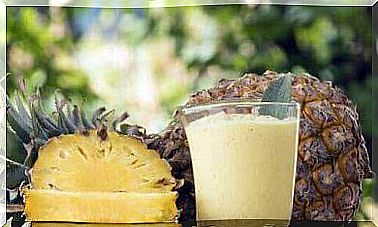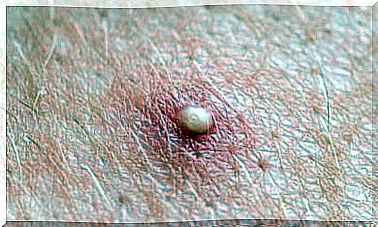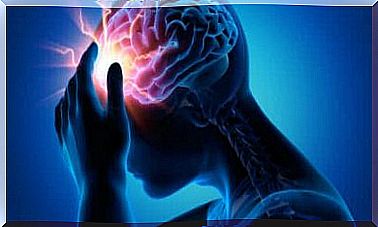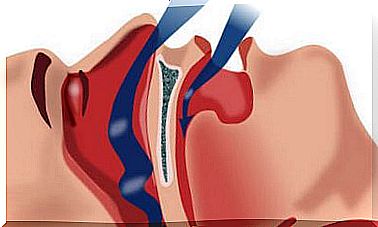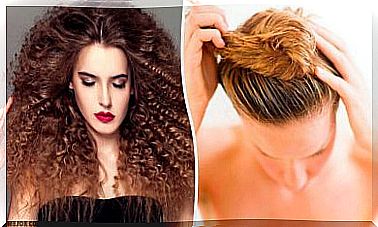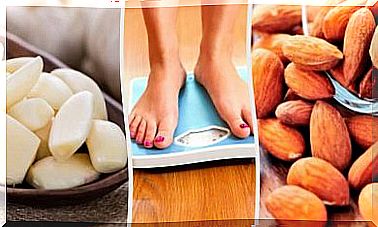10 Common Vitamin Deficiencies And What To Do About It
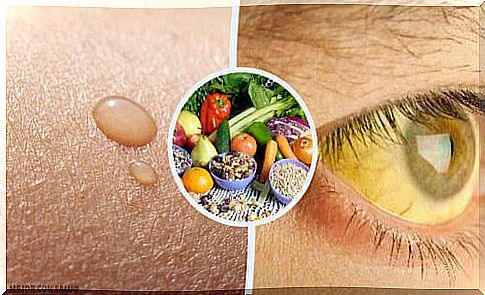
Do you have acne? Does your breath smell bad? Many health problems are caused by a lack of vitamins that are normally obtained from food. In today’s article, we ’ll take a look at how you symptom the 10 most common vitamin deficiencies, and how you can prevent this from happening to yourself.
1. Acne
Acne is a very common problem and can occur elsewhere in the body in addition to the face. It is common especially in adolescence. If the acne does not go away or comes back after this step, it may be due to a lack of vitamins A, B2, B5, C, or D.
Said vitamins are directly related to hormonal activity. Increase your intake of vitamins by eating these foods: asparagus, avocado, citrus fruits, peppers and peppers, carrots. Thus, the symptom of acne may be vitamin deficiency.
2. Bad breath

One of the most common vitamin deficiencies is vitamin B deficiency, which is common among vegetarians.
Vitamin B is vital for digestion. When it is not enough, the amount of enzymes in the body can be drastically reduced, which affects the bacterial imbalance in the mouth and digestive system.
Nutritionists say that 50 mg of niacin a day helps with bad breath. We recommend eating these dishes, among others: chicken, fish, tomatoes, whole grains and mushrooms.
3. Cracked lips
Lips are not usually the subject of vitamin deficiencies in terms of the symptoms of deficiencies displayed by the body.
The lips need more attention and care in the winter for purely biological reasons. The skin of the lips produces its own oils that keep the lips moist, but due to the cold weather, the moisture disappears.
Cracked lips can be treated and prevented with Vitamin E, which is a very powerful antioxidant. You get vitamin E best from wheat germ, almonds, sunflower and olive oil.
4. Dandruff

When there is extra dead skin cells on the scalp, dandruff is formed. It is only natural that everyone has a dead skin cell on the surface of the scalp, but if there is too much of it, it becomes a problem.
Dandruff is most commonly caused by seborrheic eczema, ie sebum, excessive shampoo use, psoriasis, fungus, and vitamin B, zinc, and magnesium deficiency.
We recommend eating mustard, almonds, dark chocolate, lamb and dark green vegetables.
5. Nail spikes
During the winter, you may notice more spikes on your fingertips. The dry air of winter dries the skin considerably and causes nail spikes. The problem is not cured by the use of harsh chemicals or constant hand washing.
You can prevent or treat the problem by consuming protein, folic acid, and vitamin C.
6. Dry skin
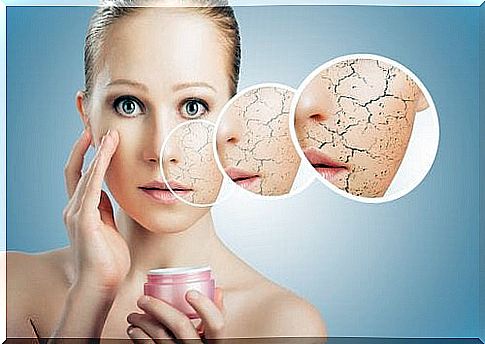
Millions of people are looking for ways to make their skin look soft and moisturized. Remember that your dry skin can be hereditary.
If your skin has started to dry out very recently, or if you find that you have not eaten in a short amount of time, you may be deficient in vitamins or have not received enough fluids.
Try to remedy the situation and restore your skin’s moisture balance by adding foods rich in vitamins A and C.
7. Foot sponge
Vitamins D2 and D3 are vital for proper skin care. The deficiency of these may create excellent opportunities for many different diseases, such as foot fungus.
Both vitamins need calcium to be absorbed by the body. A person needs at least 10 mg of vitamin D a day, but many people get only half or even less.
8. Jaundice
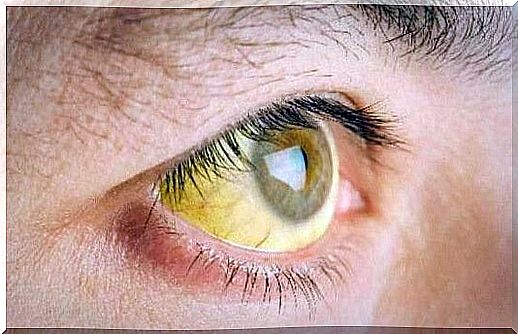
The proteins and skin of the eye in jaundice turn yellow due to excessive bilirubin . The amount of bilirubin in the body increases when liver function is abnormal and an abnormal color begins to appear in the body.
Jaundice can occur in people of all ages. It is caused by blood diseases, genetic syndromes, hepatitis, inflammation and certain medications. Vitamin A, C, E, B12 and B6 deficiency also cause jaundice.
9. Pale skin
Changes in skin pigmentation are due to melanin, brown or black dye, which depends on genetic factors, time spent in the sun, etc.
Skin color can also be affected by general vitamin deficiencies.
Vitamin C helps produce collagen. Inadequate intake of this vitamin causes pallor, damage to the skin and blood vessels, and even tooth loss. The minimum recommended dose of vitamin C is 80 mg per day.
Suffering from folic acid or vitamin B9 deficiency can also cause loss of skin pigment. This vitamin is vital for energy and red blood cell production. If you do not get enough vitamin B9, it is possible to get anemia, which also leads to pale skin. This vitamin is needed at 400 mg per day.
10. Vision problems
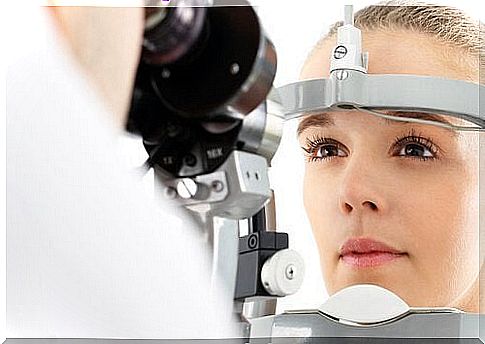
Antioxidant-containing vitamins such as A, C and E as well as beta-carotene and all B vitamins are very important for eye health. Even the slightest deficiency of vitamin A can cause eye fatigue, photosensitivity, dryness, and an increased risk of eye infections.
In the case of severe vitamin deficiency, it can result in wounds, corneal problems and, in the worst case, even blindness. Vitamin A is vital for good night vision.
In addition, all those with vitamin B deficiency experience photosensitivity, paralysis of the eye muscles, stinging, and excessive tear production.



